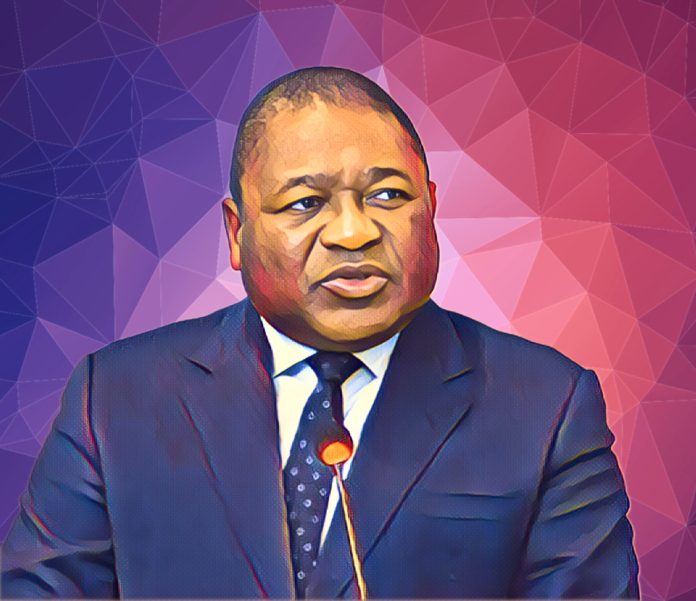Key Points
- Peaceful power transitions encourage teamwork and help keep the country stable.
- Following the rule of law builds trust in government and supports economic growth.
- Mozambique’s past shows the dangers of letting political conflicts go unresolved.
Mozambique is at a turning point. The country has faced conflicts and economic struggles in the past, making peaceful power transitions critical for stability and growth.
Recent protests after the elections in Maputo have shown the need for leaders, especially the opposition, to focus on dialogue and cooperation instead of division and violence.
Building unity through peaceful leadership
Mozambique’s politics have often been divided, with tensions rising after disputed elections. These divisions can create social and ethnic conflicts.
Peaceful power transitions can help mend these divides, encouraging unity and collaboration. When opposition leaders accept election results, they set an example of working together instead of fighting.
This not only strengthens democracy but also helps citizens feel a shared purpose and hope for a better future. Outgoing President Filipe Nyusi has promised to transfer power peacefully.
This commitment gives the opposition a chance to work with President-elect Daniel Chapo, who plans to address major issues like unemployment, economic challenges, and Mozambique’s global reputation.
The rule of law and economic growth go hand-in-hand
Respecting the rule of law is key to building trust in government. When political parties respect election results, they strengthen public faith in democratic institutions.
Economic growth also relies on political stability. Investors, both local and international, are more likely to bring in money and resources when they feel the environment is predictable and safe.
Peaceful power transitions can attract investments, create jobs, and improve infrastructure. On the other hand, unrest pushes away investors and worsens poverty.
Learning from history to avoid conflict
Mozambique’s past is a reminder of the heavy cost of unresolved political fights. The civil war that ended in 1992 took a million lives and left the nation deeply scarred.
Since then, Mozambique has made strides in rebuilding, but a return to violence would destroy decades of progress.
The opposition has concerns about election fairness, but these issues should be solved through legal and peaceful channels.
Mozambique can take inspiration from countries like South Africa and Botswana, where peaceful power transitions have strengthened democracy. These nations show that opposition parties can bring about change without violence.
Choosing constructive opposition over conflict
At this critical moment, Mozambique’s opposition has a choice: escalate tensions or work constructively with the new administration.
By engaging peacefully, the opposition can influence policies, push for reforms, and represent their supporters while maintaining stability.
Young people, who are most affected by political instability, need education, jobs, and hope—not another cycle of unrest.
Leaders have the responsibility to focus on the nation’s future by choosing peace and progress.
Mozambique deserves a future of unity and stability. Embracing peaceful power transitions isn’t a sign of weakness—it’s a commitment to building a better nation for all. History will remember leaders who choose dialogue over division.



